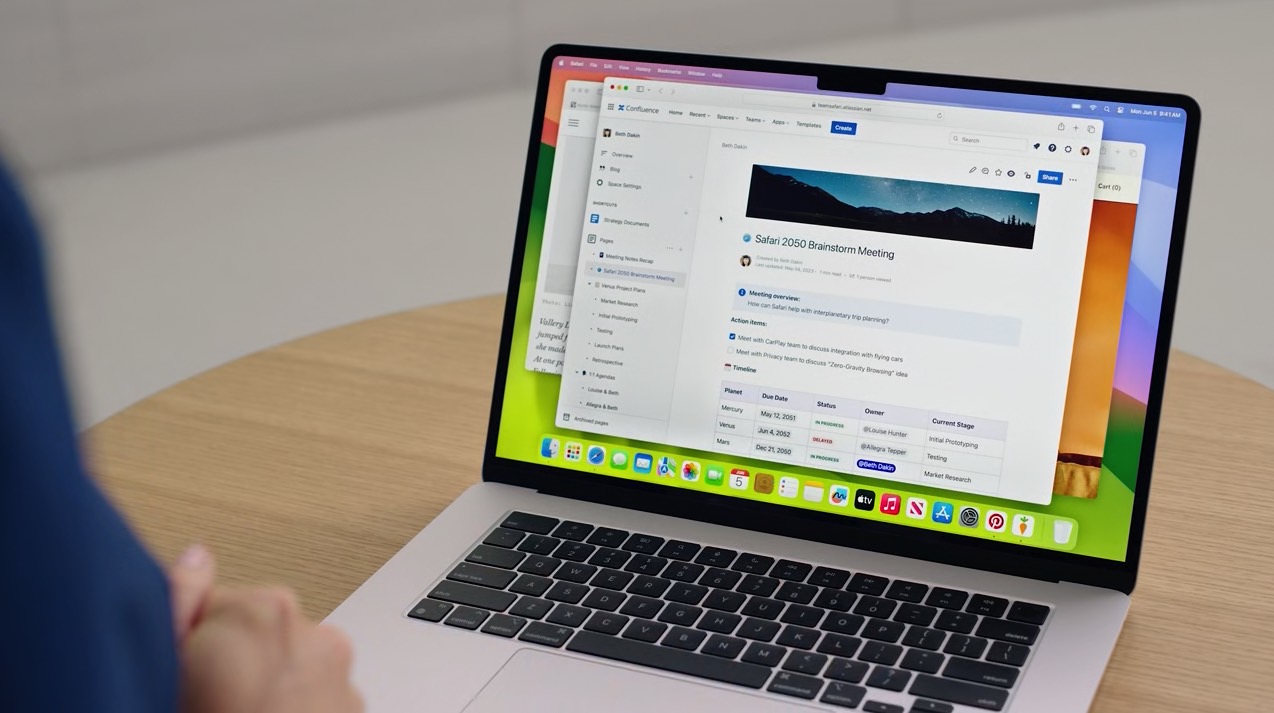Remember that $5 billion suit alleging that Google tracks Chrome users in Incognito mode? Well, Google decided to settle it recently, without disclosing the settlement details. A judge will still have to approve the deal by February, so we’ll soon see what Google agreed to.
While we wait, there is a disturbing development involving Google Chrome. The browser will offer a new disclaimer to Incognito users, informing them that Google will continue tracking them even when using Incognito mode. That means even when you think that your privacy is protected from snooping, you’re still being tracked by Google.
The updated disclaimer indicates that the only thing Incognito will do for you is prevent others from seeing your browsing history:
Others who use this device won’t see your activity, so you can browse more privately. This won’t change how data is collected by websites you visit and the services they use, including Google. Downloads, bookmarks and reading list items will be saved .
That’s a good feature to have if you want to avoid having your history appearing on a shared device. But it’s not good enough to warrant using Chrome for internet browsing when you want complete privacy.
As discovered by MSPowerUser, the updated disclaimer appeared in a Canary version of Chrome for Android. That’s a test version, so you might not see it in your version of the browser just yet.
Compared to a previous version of the disclaimer, what’s changed is the addition of a sentence that tells you Google and others might still track you.

A better way to browse the web privately
I’m a longtime Mac owner who is also a happy Microsoft Edge user. I started using Microsoft’s browser a few years ago when I was looking to replace Google Chrome because it was a resource hog. Google’s browser is a great tool and a favorite for many people, but it wasn’t good for me. And Edge is so good that I never bothered going back to Chrome once Google started fixing its performance issues.
Now that Google tells users it’ll always track them, I have one more reason to stay away. Safari is a much better choice for better privacy while browsing the web, including in Incognito mode. But it’s just not good enough in general for my needs on a desktop computer.
I will also say that I already expect private browsing not to be completely private. Advertising companies will try to track you.
But Google could at least develop protections in Chrome that prevent browsing data from Incognito mode from being associated with the rest of your online profile that comes from regular browsing.
There sort of is a precedent for better Incognito, and it comes from Google Maps. Google says that the activity in Google Maps Incognito will not “use your activity to personalize Maps.”
However, Google says in a support document for the Maps feature that tracking might happen while Incognito mode is on:
Turning on Incognito mode in Maps does not affect how your activity is used or saved by internet providers, other apps, voice search, and other Google services.
Back to Chrome, Google should simply say it won’t connect Incognito browsing data with your online profile, and that might be enough.
That said, It’ll be interesting to see what the terms of the settlement are for the Incognito trial, and whether Google plans more meaningful change for Chrome in the future.








